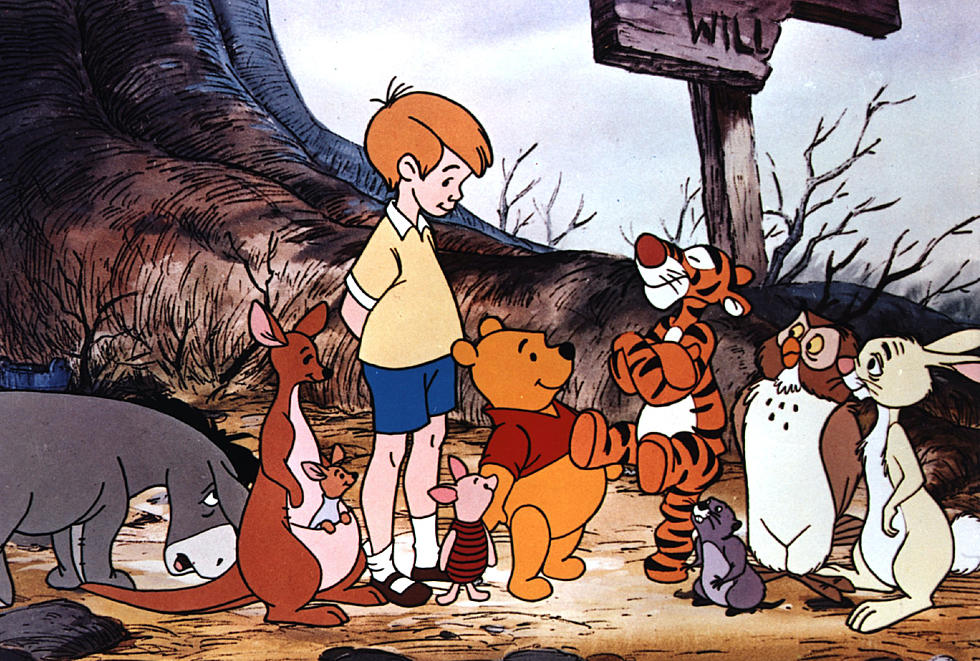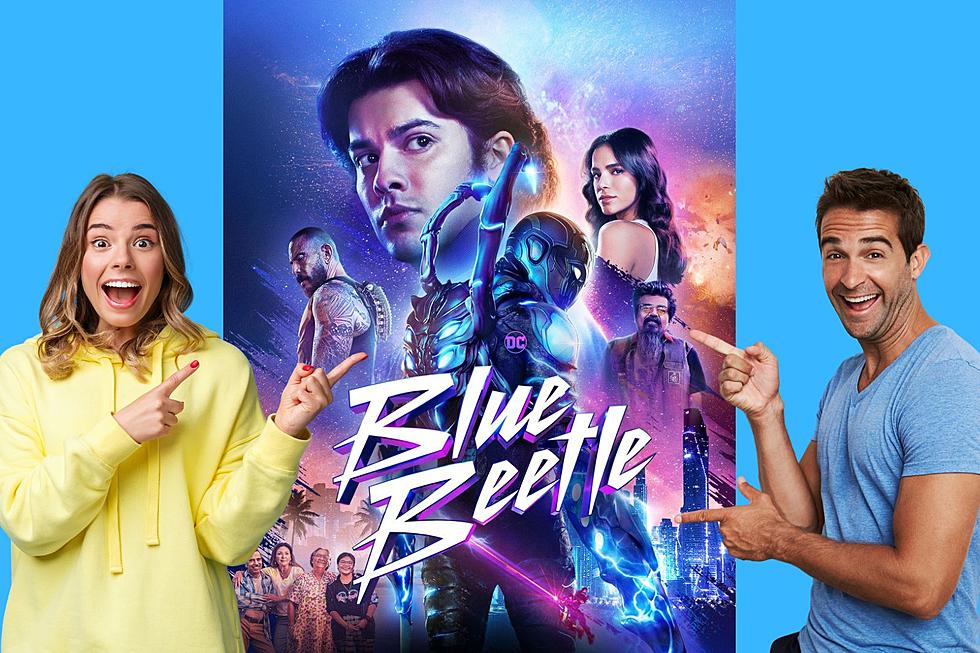
Winnie-the-Pooh Is Now In the Public Domain
Films, music, and books created in the United States are protected under copyright law. But copyrights eventually expire, and when they do, those works enter the “public domain” which means anyone is free to share those works — or to create derivative works based on the original works without the original author’s (or, more realistically, the author’s estate’s) permission. For example, anyone can write a Frankenstein story in 2022 because the original novel is now in the public domain. However, you can’t just copy the version of Frankenstein in the Universal movie; that one’s still under copyright. (This can get confusing.)
Each new year brings new titles into the public domain, as chronicled by Duke University’s Center for the Study of the Public Domain. So with the dawn of 2022, they have a lengthy list of notable art that has now come into the public domain. The highlights, according to their website include “A. A. Milne’s Winnie-the-Pooh, Felix Salten’s Bambi, Ernest Hemingway’s The Sun Also Rises, Langston Hughes’ The Weary Blues, and Dorothy Parker’s Enough Rope. There are scores of silent films—including titles featuring Harold Lloyd, Buster Keaton, and Greta Garbo, famous Broadway songs, and well-known jazz standards.” You can find much more details on the full list of new additions to the public domain on their site.
Before you go creating your own Winnie-the-Pooh animated movie, though, be aware: While A.A. Milne’s original Pooh story may not be in the public domain, the 1977 Disney movie The Many Adventures of Winnie the Pooh — along with the signature visual depictions of the characters from those animated films — are decidedly not. If you, for example, made a Pooh cartoon that starred a Pooh with a red shirt and no pants, who sounded like the version of the bear voiced by Jim Cummings, Disney could (and probably would) sue you for copyright infringement.
Even titles and characters that are indisputably in the public domain have wound up the subject of major copyright lawsuits in recent years. For example, the early Sherlock Holmes stories written by Sir Arthur Conan Doyle all belong to the public domain, but in 2020 the Conan Doyle estate brought a lawsuit against Netflix for their film Enola Holmes, alleging that the version of the Sherlock Holmes character in the film was warm and friendly, and that that version of Holmes only appeared in later Doyle stories that were still protected under copyright. The suit was eventually dismissed with prejudice by stipulation of all parties. (Which means it was likely settled, but those details were not made public.) Again, this all gets very complicated.
So happy Public Domain Day. Go check out the full list on Duke University’s website, and maybe watch an old Buster Keaton short or two to celebrate.
The Worst Netflix Movies of 2021






